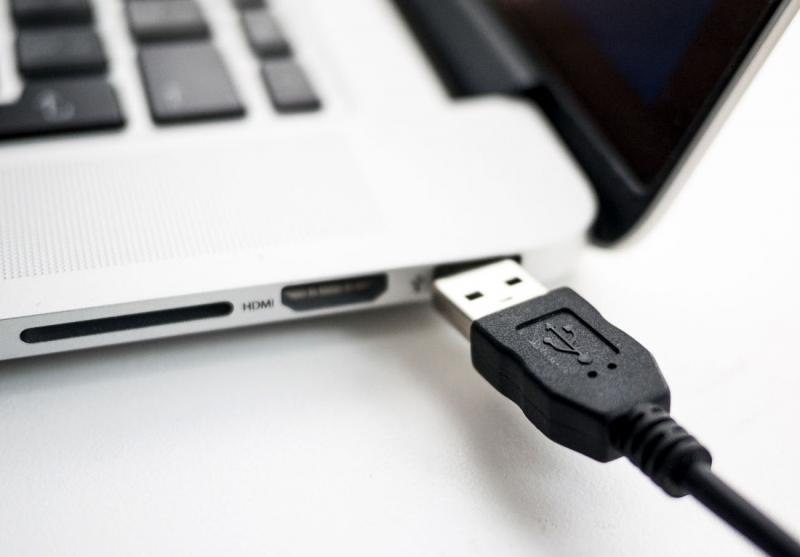E-learning reforms facing major challenges in Egyptian schools
CAIRO - The results of exams at elite science and technology secondary schools in Egypt were catastrophic. The failure rate was 44%, a result that shocked education circles and revealed potential shortcomings of the education reforms that are still to be instituted in September.
Testing was done through computers or tablets at elite schools. Students received questions directly from the national test centre and the exams were scored automatically, without human intervention. It is this same system that the Egyptian Ministry of Education intends to introduce to all secondary schools in the coming school year.
Elite schools in Egypt are open only to students who achieve scores above 96% at the end of their junior high school education and after passing an intelligence test. The idea is to provide an appropriate learning environment for talented and creative learners who excel in science and math. The scientific and technological curricula at the schools are very advanced and technology-based education is prioritised.
Egyptian Minister of Education Tarek Shawki had already announced that curricula and testing technology used at elite schools would be used at all secondary schools. The project strives to change students’ habits and move them from rote learning to research, creativity and critical thinking through digital technology.
However, with public anger at the low success rates at elite schools, the Ministry of Education decided to rescore the exams manually. Observers pointed out that the ministry’s backing down on digital testing and scoring could be a prelude to not implement educational reforms based on that technology. Since the ministry cannot assure the proper implementation of the new system, more voices are opposing it.
The plans to be used starting in September state that first-year secondary school students would each receive a tablet containing the entire syllabus and they would be tested electronically four times during the school year. The same testing application would be used to score the tests.
The educational reforms would eliminate the generalised textbook in favour of a curriculum based on research and innovation. Teachers would become facilitators rather than sources of knowledge and students would develop innovative and critical thinking skills.
Egyptian parents are becoming increasingly wary of the ministry’s plans. There are no more than 11 elite schools in Egypt but more than 2,500 secondary schools. Parents argue that, if the ministry is failing to implement the digital learning platform in just 11 schools, how can it hope to effectively do this in thousands?
Opponents of the new system argue that the technology and internet infrastructures in Egyptian schools are weak. Work on a dedicated intranet serving 600,000 students a year is yet to be completed.
Iman Ali was among the students who used the digital education system at an elite school. She said she and her classmates had to contend with faltering internet connections, which meant that many were late in completing research projects and homework, which contributed to the high level of failing grades.
“The events [at the elite schools] are forcing the government to review its decisions to replace paper-based tests with digitally based tests because of the reality on the ground,” she said.
Experts fear that the elite schools’ implementation problems will be reproduced when the new system becomes generalised in September. The Ministry of Education would face an insurmountable task to restore the old system, placing it in a difficult position with both students and teachers.
“Egypt is not ready yet to implement a technology-based system of education for many reasons, the most important of which are the crumbling school infrastructure, the high number of students per institution and the failed experiment of the digital classroom of four years ago,” warned Tarek Nour al-Din, a former assistant to the minister of education.
The 2014 experiment in which the Ministry of Education introduced digitally based teaching and testing in six governorates indicated that many students were not receptive to the new methodology. Equipment would often break down and internet connections were unreliable. The ministry scrapped the project that same year and reverted to the old system, something that many analysts say could happen again this year.
Nour al-Din said the main problem was that decision makers at the ministry failed to understand the challenges in the schools before deciding to implement reforms.
“The crisis at the elite schools sounds the warning that we must modify or even withdraw these reforms in accordance with the major challenges facing e-learning in Egypt,” he said.
Ahmed Hafiz is an Egyptian writer.
This article was originally published in The Arab Weekly.






